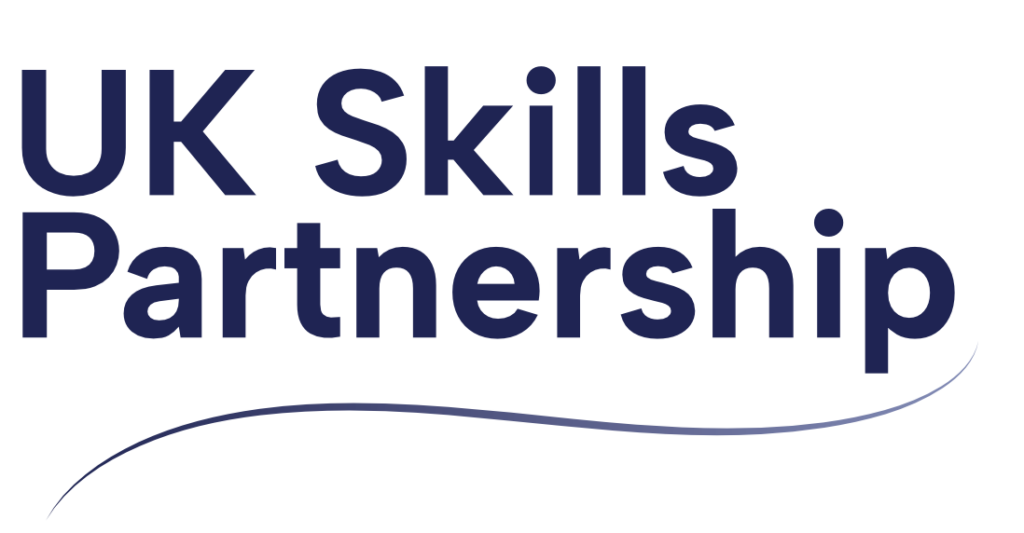Northern Ireland Colleges join collaborative global panel discussion on AI in Healthcare and social care.
Global Perspectives on Health and Social Care collaborative discussions with Europe and the U.S. November 19th and 20th 2024 hosted online by SPC (St. Petersburg College, Florida, USA in collaboration with Further Education Northern Ireland (NWRC, SWC, NRC, SRC) and University of St. Cyril and Methodius in Trnava, Bulgaria.
The collaborative discussion on the topic of Artificial Intelligence enabled the online audience to hear from and engage with a panel of international experts regarding their views and experience of using AI within their specific fields. The online conference was to offer insightful and transformative discussion on health and social care and the art of using AI to augment a positive environment. What became clear very early in the panel question and answer session was the need for consideration of the language used and the skill set required to utilise AI in a decisive manner. The conversation around the level of digital literacy required/needed and what the perception of AI was amongst users and educators plays a key role in how AI is further employed within the education environment.
Digital literacy emerged as a fundamental component for both potential users and educators when it comes to understanding and utilising AI effectively. There was consensus that AI tools will not be fully embraced unless educators themselves possess the necessary skills and confidence to use these tools, and unless potential users/healthcare practitioners are adequately trained to navigate and harness AI technologies.


